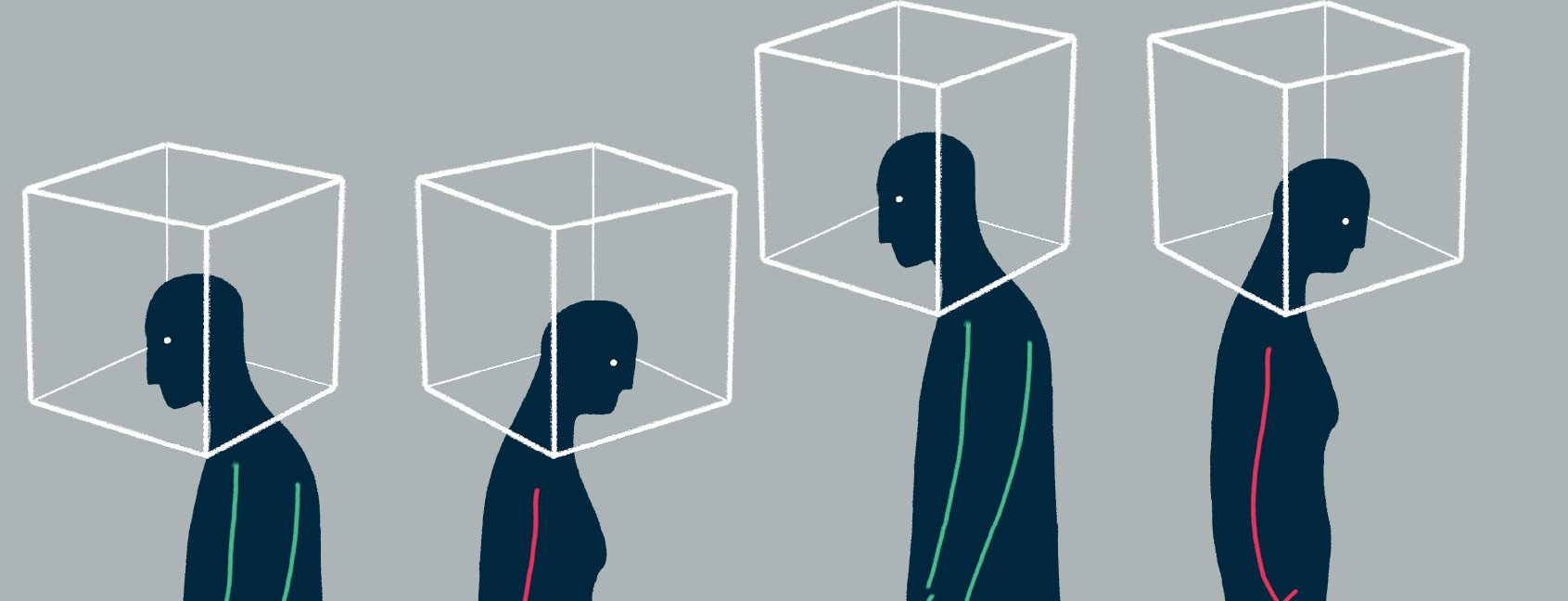-
TrendsLatin AmericaDemocracyPolarization
-
SectorPublic Administration
-
CountriesMexicoPanamaDominican RepublicPeruBrazilArgentinaChileColombiaEcuador
Since the 1970s and 80s, we’ve often heard the term “bulletproof economies” in Latin America, referring to how the economic landscape, business environment—and everyday life— adapted to the social and political volatility of the time. Meanwhile, academics drew a line between the “real country” and the “political country,” noting the existence of two parallel, often dystopian realities.
Over time, technology and social and political transformations have blurred these lines, creating a modern Latin American reality that pushes forward not through consensus but amidst the tensions of polarization and fragmentation. This trend is not unique to Latin America; it is a global phenomenon in democracies.
The elections of recent years—more than a dozen in 2024 alone—have become a barometer of this polarization. High-profile cases, such as the 2023 presidential elections in Argentina and Mexico or Brazil’s municipal elections, reveal an irreconcilable clash of visions, as we have also seen in Chile, Colombia, and Peru.
It’s difficult to determine whether the current situation reflected in Latin American elections is caused by a society that is overly politicized in an inconsistent manner or if it stems from a trivialization of politics fueled by hatred, fake news, and an “anything goes” mentality aimed at discrediting opponents.
According to LLYC’s analysis of social media conversations in Latin America about social and political issues (abortion, feminism, climate change), only 1 in 33 mentions, in 2023, expressed doubt or reflection. The rest were clear-cut stances, showing how these opinions spill into political outcomes.
Society fragments into like-minded communities that reject differences. This dynamic leads to the waning implementation of long-term state policies, with public policies lasting only as long as the prevailing “vision” (continuity or “punishment vote”) in electoral outcomes. Societies and economies are exposed to the swings of polarization, though its intensity varies across the region.
It’s important to note that, with few exceptions like Venezuela, Latin America’s democratic systems and institutions have been resilient enough to maintain the “rules of the game” in electoral processes. For now, the dispute isn’t over the survival of democracy but over its use—not to serve the common good but to impose the interests or vision of one side over the other. In Latin America, polarization increasingly resembles a sports fan who enjoys the rival’s defeat more than their own team’s victory.
This lack of common ground or “social pacts” profoundly impacts key issues for the region and the world, such as climate change and environmental policies. It also affects the progress of social and economic policies promoting inclusion, respect for diversity, education, regional cooperation, and sustainable job creation—issues central to Latin America.
However, political polarization shouldn’t obstruct the region’s progress in education, social rights, entrepreneurship, innovation (think of Latin American unicorns), science, creativity, and culture.
Businesses and other key social and economic stakeholders play a crucial role in reducing polarization. Our Latin American societies need better, more responsible communication. It’s not about taking sides between “good” and “evil” but about actively shaping transformation and fostering dialogue—a rich, coherent, and constructive dialogue beyond the superficiality of greenwashing or meme culture.
We do not change society by changing politics; it’s the other way around. And businesses can’t afford to sit out this process or only engage based on economic metrics. We must create and encourage spaces for real exchanges of ideas, combating fake news and refusing to fuel the spread of hate or polarization. This commitment extends to our communication strategies, as well as marketing, paid media, sponsorships, and beyond.
We are all in the same boat, navigating choppy waters and crosswinds. Sitting back and hoping the wind will blow in our favor misses the point: we are navigating in a paper boat. What we need is a solid ship to weather the storm, any way the wind blows.
Businesses and other social and economic stakeholders have a crucial role in reducing polarization. Societies worldwide need more responsible communication.

A specialist in reputation management and communication strategies, Juan Carlos has coordinated numerous strategic positioning projects in Latin America over his 15 years with the company. He has led LLYC’s operations in Brazil and the Southern Region, which includes Argentina and Chile. He holds a degree in Political Science, a specialization in International Information from the Complutense University of Madrid, and a master’s degree in International Relations from the University of Bologna. [Brazil]



